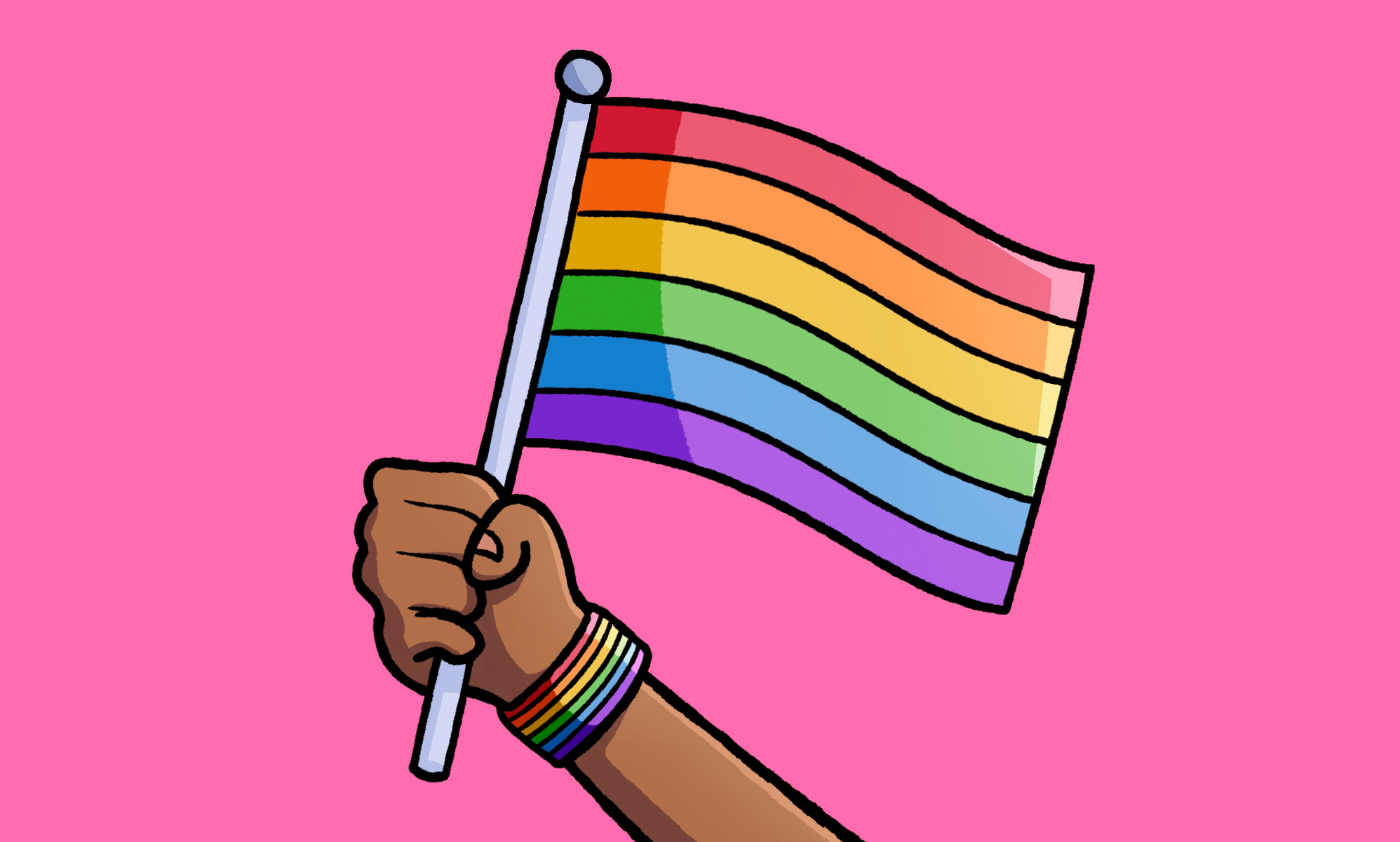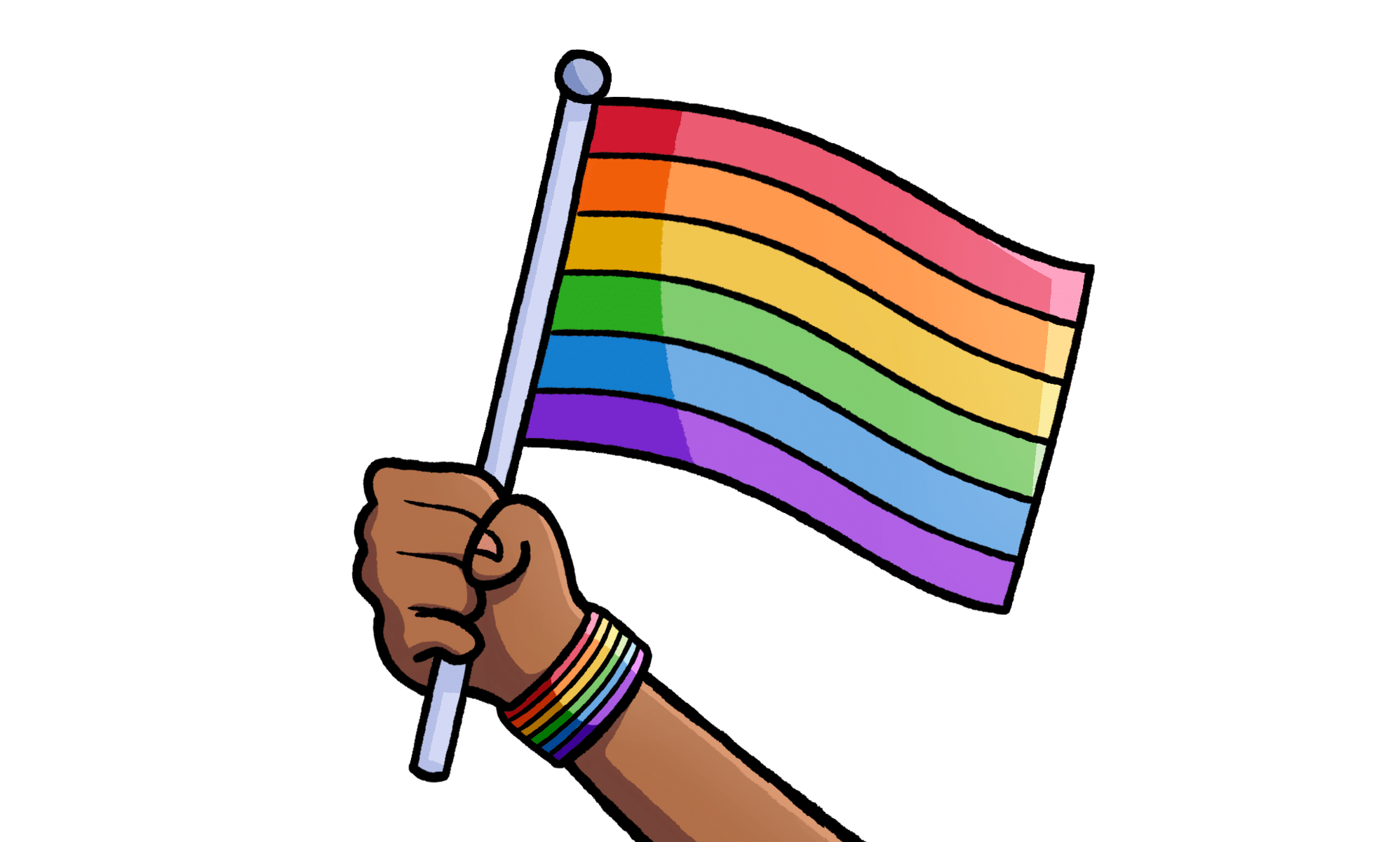Apple investigated by Russia for ‘homosexual propaganda’ over gay emojis

Russian police have launched an investigation into the tech giant amid claims they ‘promote non-traditional relationships’.
The charges apparently relate to emojis featuring same-sex couples used on Apple’s iOS operating system, reports The Independent.

Police in the country’s Kirov region began the investigation after ultra-Conservative activist and lawyer Yaroslav Mikhailov complained that the images violated Russia’s controversial “anti-gay” law, that bans the “promotion” of homosexuality to minors.
The emojis in question include a number of same-sex couples, some with with children, as well as people of the same sex holding hands.
If found guilty, Apple faces up a fine of up to a million rubles (£10,000).
Russia recently received widespread criticism after plans emerged to block the entirety of internet encyclopaedia Wikipedia – reportedly over one drugs-related article.
Meanwhile, the politician responsible for the “gay propaganda” law – the openly homophobic Vitaly Milonov – recently said Facebook should be blocked in Russia over its rainbow filter option for profile pictures, released ahead of this year’s Pride celebrations.
The social networking site is also the subject of calls for an investigation into whether its use of ‘gay’ emojis – which feature same-sex couples – fall foul of Russia’s controversial ban on the “promotion of non-traditional sexual relations”.
While discussing his country’s approach to LGBT rights this weekend, Russian President Vladmir Putin was forced to defend the controversial law – as well as his signing of it back in 2013.

Just this month, the law saw five online LGBT youth support groups added to a banned list by the Russian watchdog.
“I don’t see anything un-democratic in this legal act,” he said.
He argued that, rather than suppress individuality and freedom, the law protects minors in Russia, allowing them to “realise who they are for themselves.”
“I believe we should leave kids in peace,” he said.
“We should give them a chance to grow, help them to realise who they are and decide for themselves.”
“Do they consider themselves a man or a woman? A female? A male? Do they want to live in a normal, natural marriage or a non-traditional one?

